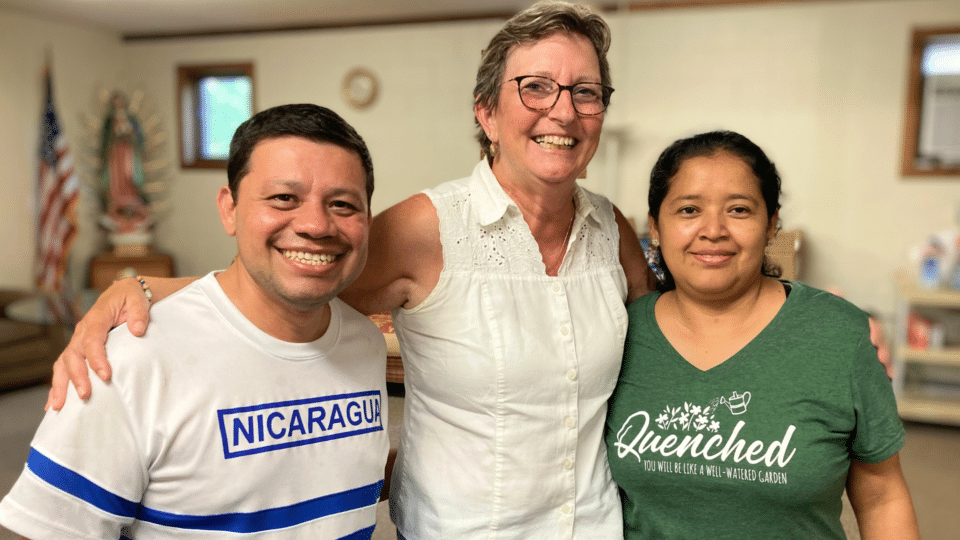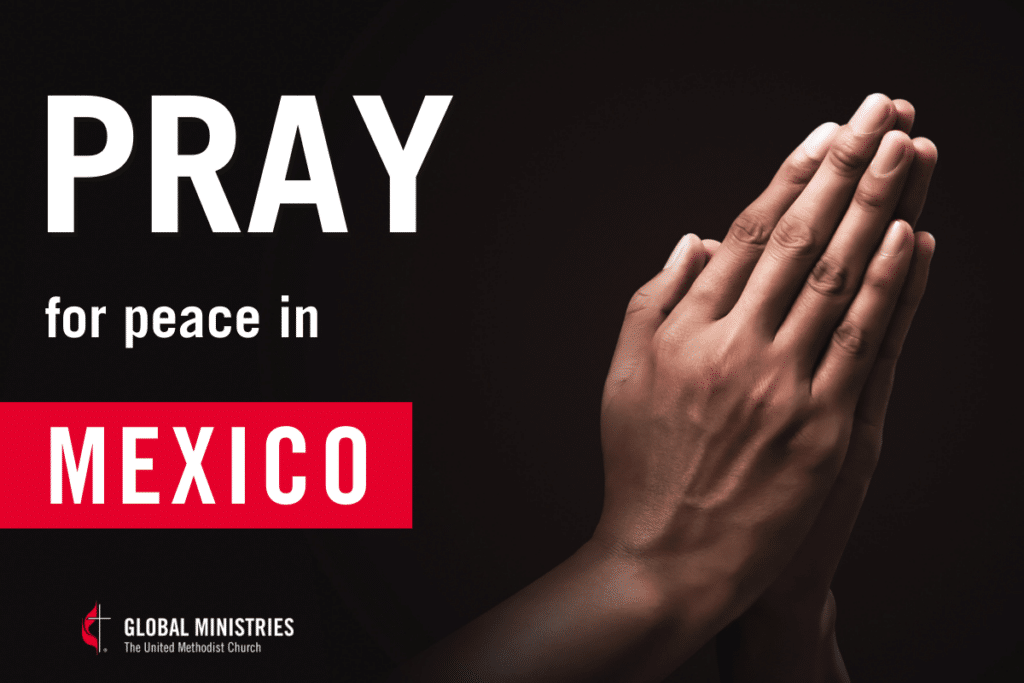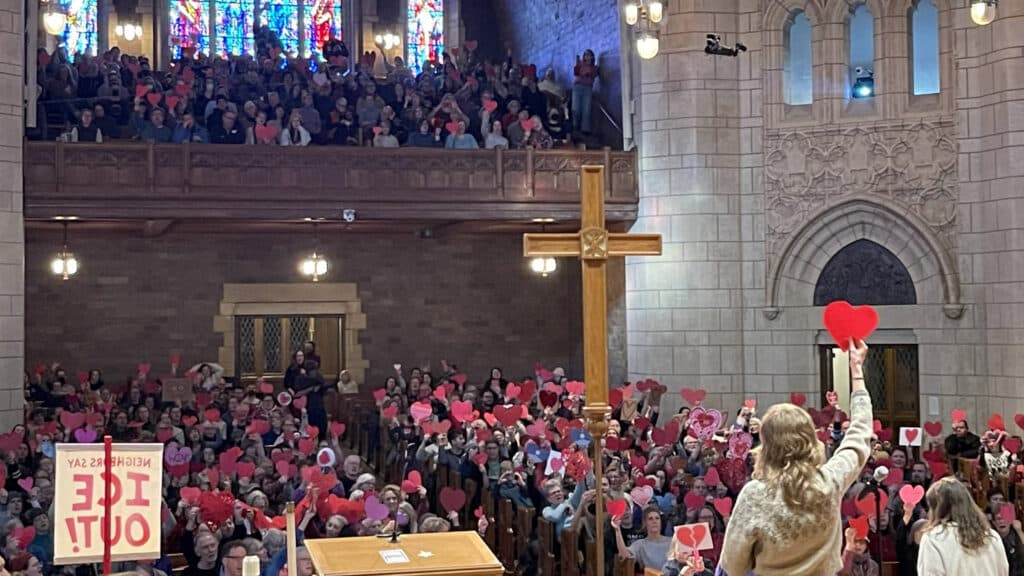Thus says the LORD:
A voice is heard in Ramah,
lamentation and bitter weeping.
Rachel is weeping for her children;
she refuses to be comforted for her children,
because they are no more. (Jeremiah 31:15)
George Floyd. Ahmaud Arbery. Two names, two lives, two deaths, two tragedies. We lament and we weep because they are no more. But beyond that, we feel rage because in these and so many more cases, death came through injustice, through indefensible violence regardless of “intention” or “suspicion.” Too quickly we fly to excuses before we simply stand in the presence of violence against those in power against racial ethnic minorities. Often well-meaning white people caution me that I shouldn’t charge racism in such cases, misunderstanding that racism is not simply one person’s attitude or worldview against another group or ethnicity. This is racism at its most basic, but it is only a symptom of a much deeper problem.
A white woman walking her dog in Central park – off the leash – is asked by an African American man to leash the dog because he is there to watch birds. The woman refuses, gets on her cell phone, and reports the man to authorities, emphasizing his color. What’s wrong with this picture? We live in a culture where difference is not only acknowledged but is cause for suspicion, fear, judgment, and prejudice. Systemic oppressions, racially inspired violence, xenophobic promotion, and media exploitation of minority profiling contribute to a society that rests on a hair trigger. In many ways both conscious and unconscious, we are looking for trouble.
Modern day Christians should not be surprised by the seemingly normal human attributes of suspicion and judgment; our Hebrew and Christian scriptures are filled with tribalism, ethnic division, slavery, gender discrimination, racism, and fear of the stranger. These attributes are precisely the reason we need a Savior. Paul understood Jesus as the Christ who tears down all the dividing walls between us, erasing the distinctions between slave and free, men and women, Jew and Gentile. He would echo Jesus’ own teaching concerning the question, “And who is my neighbor?’, a question that would be answered today in terms of race or ethnicity. The foundational truth of both Old and New Covenants is that our similarities outweigh our differences. We do unto others as we would have others do to us. We love the poor, the marginalized, the imprisoned, the diseased, those on the fringe as we love Jesus; if we don’t really love the stranger and those very different from us, it calls into question our true feelings about Jesus.
These observations are more passive than Jesus or Paul intended. Love was action, not just a feeling. Compassion wasn’t inert; compassion propels one to move. Liking peace is not what we are called to; blessed are the peace makers. And until we acknowledge that when our brother or sister is unjustly treated, no matter their race, ethnicity, economic level, geography, education level, or political party, it is our responsibility to act, we haven’t quite grasped what it means to be a follower of Jesus Christ. Disciples are doers of the Word, not hearers only. Disciples speak up. Disciples use whatever gift they have to “do justice, love kindness and mercy, and walk humbly with God” – all active, rather than passive.
In the almost eight years I have been in Wisconsin, I have been shocked and saddened by a disproportionate number of deaths of young black men. My heart goes out to the families of these victims, but my heart is also heavy for the perpetrators of this violence, whether law enforcement or not, and also for these families as well. Then I also lament for the communities where these things happen, especially I worry about Milwaukee. And I cannot fully understand what it must feel like to be a young black person in a country where so much violence and killing occurs to people just like them. I think we often get lost in trying to blame individuals when we have broken systems that continue to allow these things to happen again and again.
Innocent people should be protected, no matter what color they are. Guilty people should be held accountable, no matter what position they hold. When justice is truly blind, people can begin to feel safe. So, this is my prayer – that no one else has to die. That we find means of subduing people without excessive force and violence. That we engage every encounter from a place of one of God’s children meeting another of God’s children, and that we at the very least acknowledge and respect the humanity of the other. The killing of young black men needs to stop, and we should be inspired to do everything in our power to work for a kind, just, loving world.
Grace and Peace,
Bishop Hee-Soo Jung
*Bishop Hee-Soo Jung has served as resident bishop of the Wisconsin Annual Conference since September of 2012. Prior to leading the Wisconsin Conference UMC, Bishop Jung served eight years as bishop of the Northern Illinois Conference (Chicago area).
Original post from https://www.wisconsinumc.org/post/lamentation-and-bitter-weeping-14012866.




